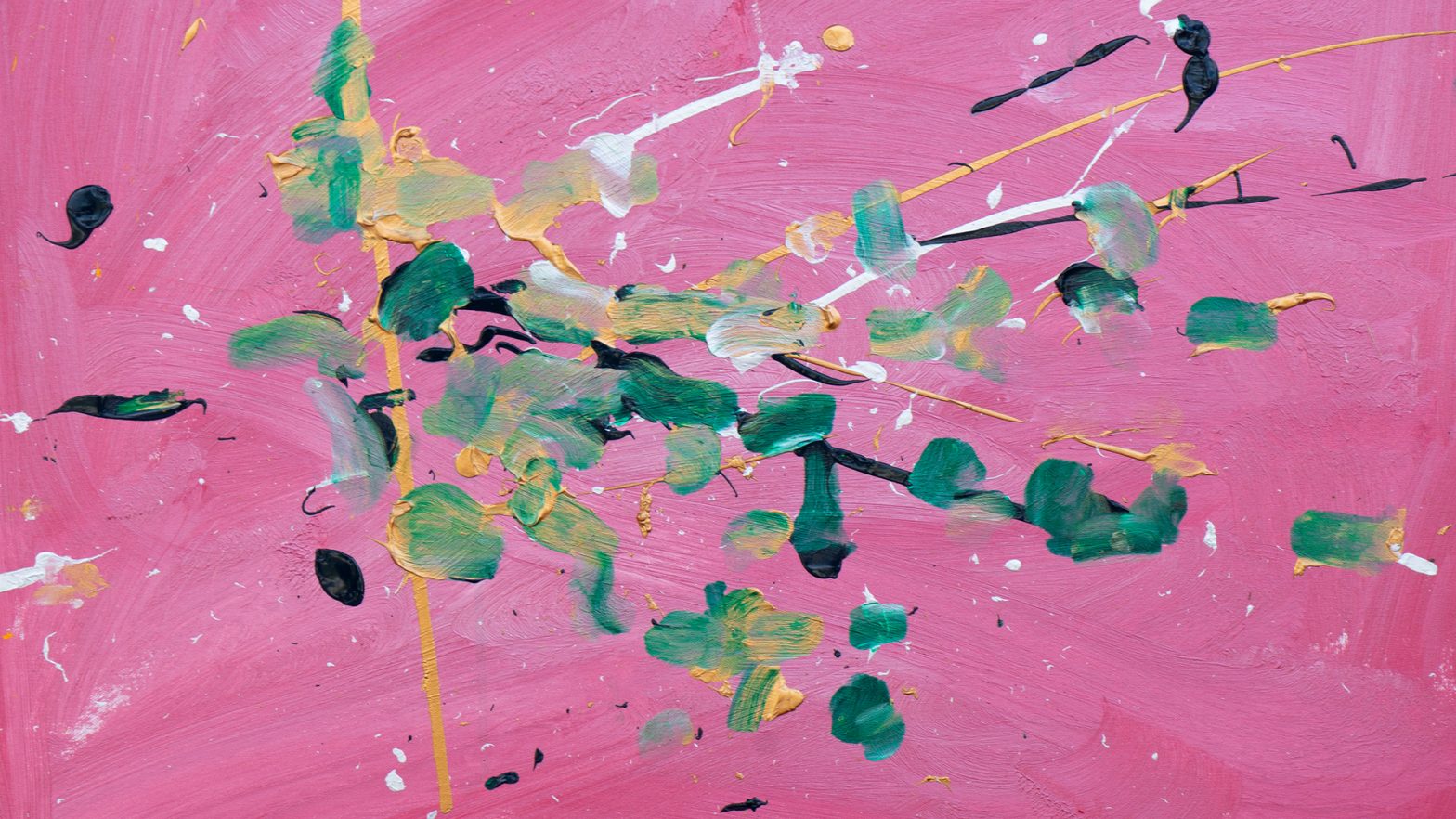
There are so many things that you can try today to help you play the piano like a pro. This will include useful tips and tricks for beginners that will help you get started on the right foot. You’ll learn about proper hand positioning, how to read sheet music, and basic chords that will help you play simple songs. With a little practice, you’ll be able to impress your friends and family with your piano playing skills in no time!
Sheet Music
One of the most important things that you need to learn when playing the piano is how to read sheet music. This will be your guide in understanding which keys to press to produce the desired sound. There are a lot of resources online and in libraries that can help you with this. Once you get the hang of it, reading sheet music will be a breeze. So, if you want to learn how to play piano like a pro, starting with sheet music from some classics is a great choice. Additionally, don’t be afraid to ask your piano teacher for help.
Proper Hand Positioning
One thing that you need to keep in mind when playing the piano is proper hand positioning. This will ensure that you’re pressing the correct keys and making the right chords. You can find a lot of helpful diagrams online or in books that will show you where to place your hands. Some apps can help with this. In addition, your piano teacher should be able to give you some tips on proper hand positioning. For example, your left hand should be positioned lower on the keyboard than your right hand.
Basic Chords
Of course, you won’t be able to play complex songs without knowing some basic chords. Fortunately, there are only a few that you need to learn to get started. These include major, minor, seventh, and augmented chords. Once you know how to play these, you’ll be well on your way to impressing your friends and family with your piano playing skills. The basic cords in pianos are not that hard to follow.
- The Major Chord: The major chord is one of the first chords that you should learn how to play. It’s made up of the root note, the third note, and the fifth note. For example, if you’re playing a C major chord, you would press the C key, the E key, and the G key.
- The Minor Chord: The minor chord is made up of the root note, the flattened third note, and the fifth note. For example, if you’re playing an A minor chord, you would press the A key, the C key, and the E key.
- The Seventh Chord: The seventh chord is made up of the root note, the third note, the fifth note, and the flattened seventh note. For example, if you’re playing a G seventh chord, you would press the G key, the B key, the D key, and the F key.
- The Augmented Chord: The augmented chord is made up of the root note, the third note, and the raised fifth note. For example, if you’re playing a C augmented chord, you would press the C key, the E key, and the G sharp key.
Now that you know some basic chords, it’s time to start practicing! If you want to play piano like a pro, there are plenty of resources that can help you out.
Seeking Mentorship
One of the best ways to learn how to play piano like a pro is to find a mentor. This is someone who can teach you the ropes and help you improve your skills. Ideally, your mentor should be a skilled pianist. They can provide you with tips, tricks, and feedback that can help you take your playing to the next level. Additionally, they can offer moral support and encouragement when you’re feeling frustrated. If you don’t know anyone who can be your mentor, there are plenty of online resources that can help you out. In addition to finding a mentor, there are also plenty of online video lessons that can help you learn how to play piano like a pro. These videos can provide you with step-by-step instructions for various songs and techniques.
Playing the piano like a pro doesn’t have to be difficult. With a little practice and determination, you’ll be able to impress your friends and family in no time. Remember to start with the basics, such as proper hand positioning and basic chords. Additionally, seek out a mentor who can help you improve your skills. With these tips in mind, you’ll be well on your way to becoming a pro pianist in no time!











































